As part of measures to prevent and contain the spread of the Mpox virus, the Tema Metropolitan Health Directorate has organized a sensitization meeting with stakeholders to update them on the current situation within the metropolis.

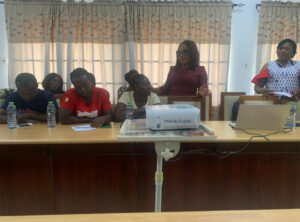
According to the Ghana Health Service (GHS), six additional Mpox cases have been confirmed in Ghana, bringing the total number of recorded infections to 85. The announcement was made on Wednesday, June 11, 2025, via a public health update posted on the GHS Facebook page. This comes in the wake of a recent surge in infections, with 34 new cases reported earlier in the week across 10 regions.
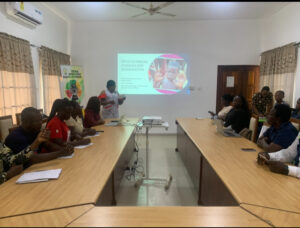
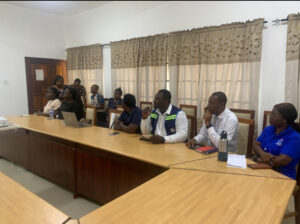
Delivering a presentation on the outbreak, Madam Linda Adjapong, a Disease Control Officer with the Tema Metropolitan Health Directorate, explained that Mpox; formerly known as Monkeypox, is a viral disease with symptoms including fever, rash, headache, muscle pain, and swollen lymph nodes.
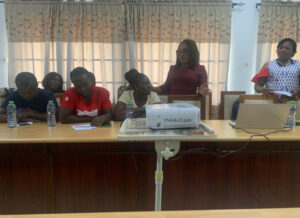
She emphasized that the virus spreads through close contact with infected individuals or contaminated surfaces and materials. Madam Adjapong urged individuals experiencing symptoms to report to the nearest health facility promptly. She added that contact tracing is underway, surveillance has been intensified in affected areas, and patients with active symptoms are being closely monitored to prevent further transmission.
“The public is advised to avoid direct contact with anyone showing signs of illness and to maintain good hygiene practices, particularly frequent handwashing,” she noted, adding that the situation remains under control and necessary containment measures are in place.
She further explained, “Mpox is a zoonotic disease, which means it can be transmitted from animals to humans, and also from human to human. People who handle rodents should exercise caution, as bodily fluids from infected animals can contaminate surfaces. Coming into contact with these surfaces through broken skin may lead to infection. We also advise those who prepare or consume bush meat, especially rodents, to handle and cook it thoroughly.”
Madam Adjapong also used the platform to advise stakeholders on preventive measures for cholera as the rainy season approaches. She encouraged regular handwashing with soap under running water before eating, cooking, and after using the toilet. She also stressed the importance of drinking only safe water, washing fruits and vegetables thoroughly, and avoiding cold or exposed food. “Every household must adopt hygienic practices,” she said, emphasizing that disease prevention is a collective responsibility.
Dr. Sally Quartey, the Tema Metropolitan Director of Health Services, noted the importance of preparedness and coordination among stakeholders to effectively manage emerging health concerns. She called on all stakeholders to intensify public education on Mpox and its implications.
The meeting was attended by a broad spectrum of stakeholders, including assembly members, the media, veterinary services, the Department of Social Welfare, traditional leaders, faith-based organizations, NGOs, environmental health officers, and the School Health Education Programme (SHEP) coordinator.
By: Bernard Mensah/Planbfmonline.com



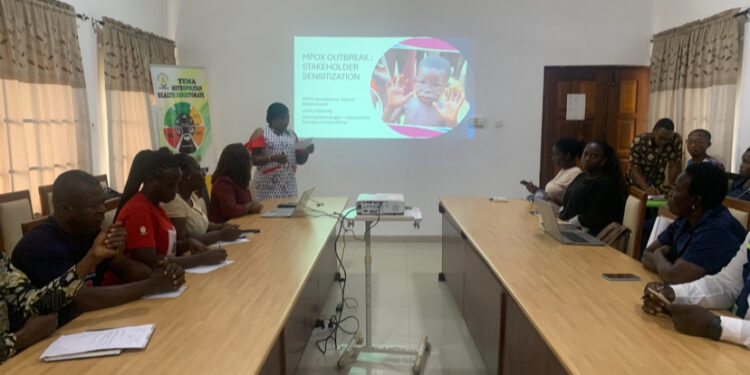






Discussion about this post